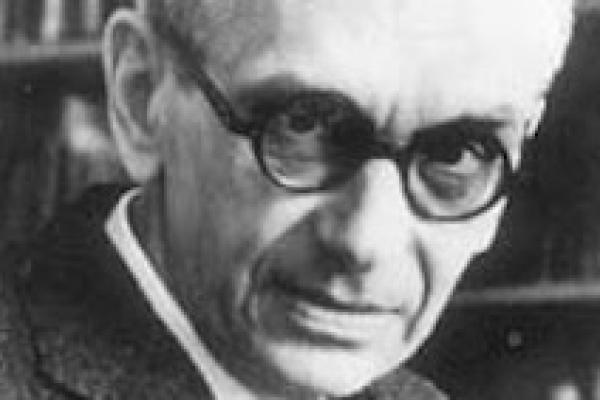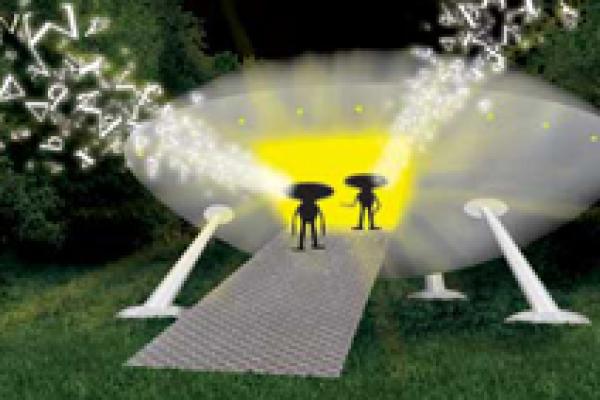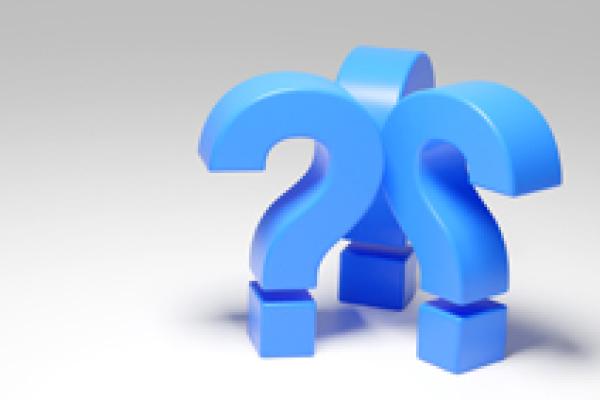Article


Maths in a minute: Gödel's incompleteness theorems
Find out about these important results that destroyed a mathematical dream.


How would you explain the natural numbers to an alien devoid of a number instinct? You could try Peano arithmetic...


Introducing an indispensable tool of mathematical logic.

If you can prove that a statement can't possibly be false, does this mean it's true?



What are mathematical proofs, why do we need them and what can they say about sheep?
Paraconsistent mathematics is a type of mathematics in which contradictions may be true. In such a system it is perfectly possible for a statement A and its negation not A to both be true. How can this be, and be coherent? What does it all mean?